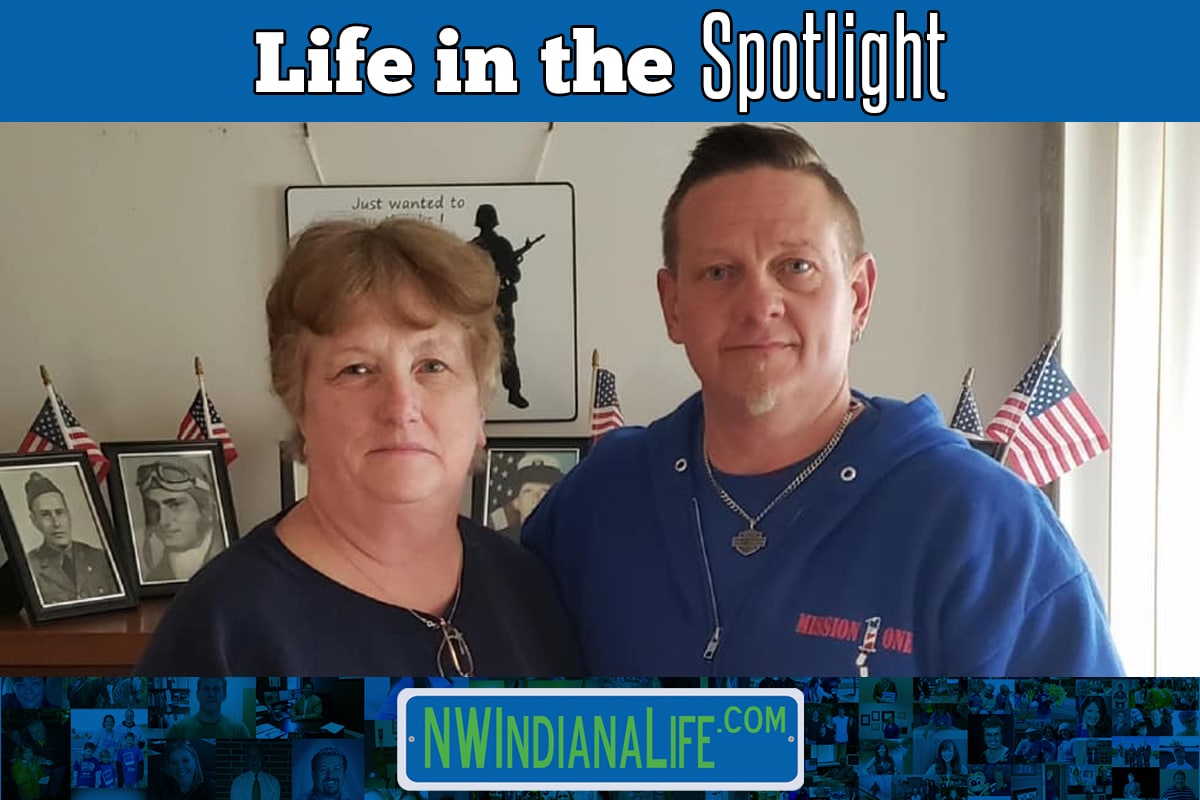John Boersma has a mission. He is dedicated to improving the lives of veterans, and does so with his non-for-profit organization, Mission One.
Growing up, Boersma witnessed his father struggle with Post Traumatic Stress Disorder (PTSD) and the effects of Agent Orange. His father was stationed in Vietnam in 1967-68 as a sniper with the Marines. When he returned from war, there was nothing to help him adjust to civilian life. In fact, his father never felt welcomed back because of the general disdain for the Vietnam War and its soldiers.
“Vets were not welcomed back,” Boersma said. “The media made it sound like they were killing women and children.”
When Boersma was little, he did not fully understand his father’s hardships. His father had nightmares, anxiety, and flashbacks, and also had serious health problems as a result of Agent Orange, including atrial fibrillation and prostate cancer. When Boersma was 15, he attended a Vietnam Veterans of America (VVA) meeting and witnessed men crying. This touched his heart and piqued his interest in the effects of war. He educated himself and felt inspired to be a part of the solution. For the past 25 years, Boersma has volunteered for several veterans organizations.
“Volunteering is something that keeps me alive,” Boersma said. “It makes me feel special to know that I’ve helped.”
Boersma started Mission One in 2018. Creating this organization took his volunteering to new heights. He works on Mission One from the moment he gets home from his regular job, until he falls asleep. But he does not do it alone. Mission One comprises seven dedicated board members. Together, the group does whatever it takes to improve the lives of veterans. Last year at Christmas, Mission One collected 700 coats and for the Hoosier Veterans Assistance Foundation, which caters to homeless veterans.
“A lot of people say ‘Why is he homeless? It’s his fault he’s a drunk or on drugs,’” Boersma said. “They do not realize what he dealt with. Veterans deserve to be made to feel whole and special.”
Mission One helps homeless veterans with basic necessities such as socks, underwear, and blankets. All are extremely appreciated by recipients.
“I asked a veteran if he could have anything, what would it be? He said he’d have a clean pair of socks,” Boersma said.
Mission One does not limit their support to the homeless, and does more than gather supplies. They are there to be a shoulder for veterans to lean on. Boersma and Mission One volunteers cook meals, offer rides and haircuts, furnish their homes, and are even having a charity ride called “Veterans of Valor” on July 27 at starting at American Legion Post 261 in Cedar Lake.
The money raised with Veterans of Valor and other Mission One projects goes directly to veterans to assist them with whatever kind of support they may need in life. Recently, Mission One gifted a veteran $200 so he could get a certification he needed to obtain a job. Boersma said many employers require college degrees and certifications, which can be barriers for veterans looking for jobs right out of military service.
Boersma’s father, grandfather, uncle, and cousin served in the armed forces, so his compassion for veterans grew at home. He hopes to promote awareness and education so people who are not from military families understand the unique needs of veterans. PTSD, for example, can affect veterans who were never in combat. Things like missing their children’s milestones and strain on marriages have lasting mental health implications.
“If we can touch people’s hearts about it, it’ll get them involved,” Boersma said. “A lot of people weren’t educated about veterans, and so they don’t care because they are not affected.”
Boersma said the most rewarding part of his work with veterans is knowing that he helped. He acknowledged that he cannot reach them all, but he can help many. He has yet to meet a veteran who was not humble and gracious for the help.
“A vet thanked me last week and I looked at him and chucked with tears in my eyes and said, ‘I don’t want a thank you because this is me thanking you for your service,’” Boersma said.
Saying, “thank you for your service,” is a simple phrase that means a lot to veterans. It is something anyone can do, he said.
